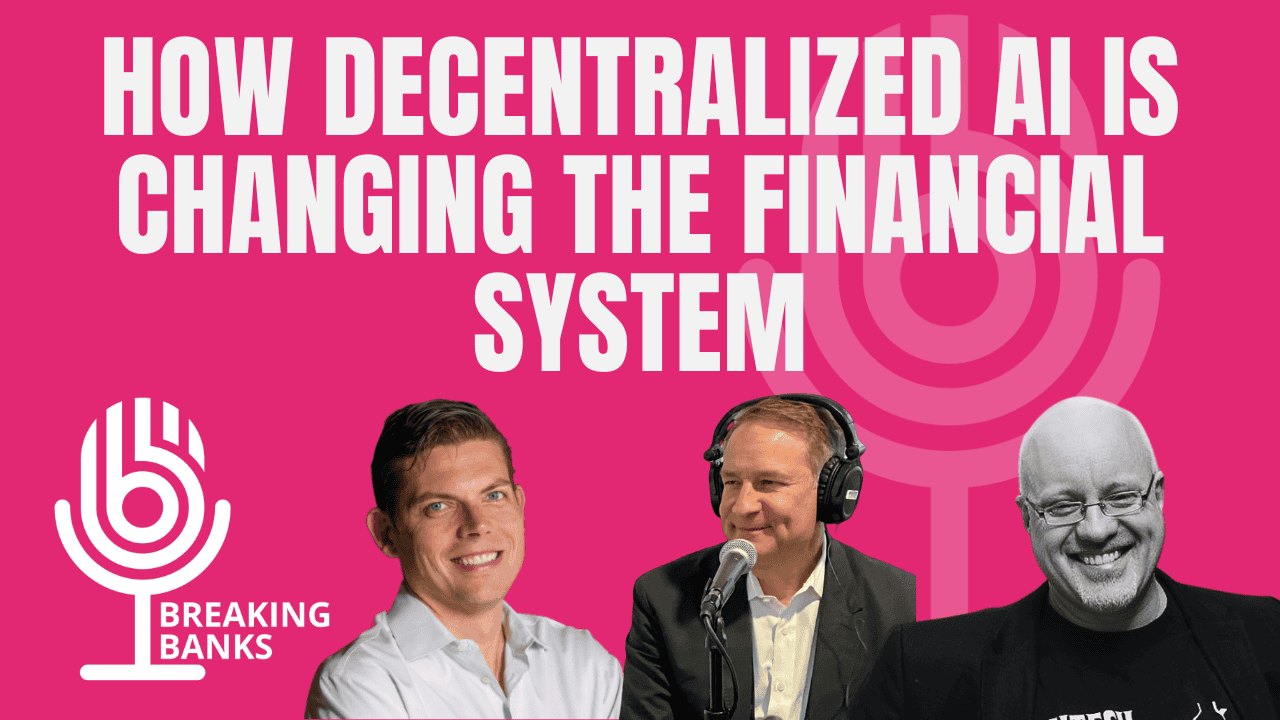
The intersection of artificial intelligence (AI) and blockchain technology is redefining industries, and finance is no exception. Decentralized AI, a transformative concept combining distributed computing and intelligent systems, is emerging as a solution to some of the most pressing challenges in the financial sector. At its core, this approach promises not just innovation but a fundamental shift in how data is owned, managed, and utilized.
What Is Decentralized AI?
Decentralized AI distributes the ownership and operational framework of AI systems. This fosters a collaborative ecosystem where data, computation, and decision-making are shared. This shift is critical for ensuring transparency, equity, and inclusivity in the digital economy.
AI has become an essential tool for financial institutions, driving efficiency and enabling smarter decision-making. However, the concentration of AI development within a few large corporations raises significant concerns. These centralized systems risk perpetuating inequities, fostering monopolies, and limiting innovation.
Building the Foundations: Challenges and Opportunities
The concept of decentralized AI comes with significant technical and structural challenges. For one, the computational demands of AI models, particularly large language models (LLMs), conflict with the limitations of decentralized systems like blockchain. Yet, new approaches—such as modular and parallel computing—are emerging to bridge this gap.
Instead of relying solely on blockchain for all computations, decentralized AI systems use hybrid models. These combine on-chain mechanisms for verification and accountability with off-chain computations to ensure speed and scalability. This balance allows decentralized AI to harness the best of both worlds: security and efficiency.
Data Ownership and Traceability
One of the critical advantages of decentralized AI is its ability to reimagine data governance. In centralized systems, users often surrender control of their data to corporations. Decentralized models return ownership to individuals, so they decide how their data is used and monetized.
Blockchain technology underpins this transformation by providing auditability and traceability. For instance, through secure and encrypted channels, sensitive data like DNA information can be shared for medical research without compromising individual privacy. This capability extends to financial data, where decentralized AI can enable more transparent and fair lending models.
AI’s Role in Smart Contracts
Smart contracts are integral to decentralized finance (DeFi). Decentralized AI enhances these contracts by adding intelligence and adaptability. Imagine a system where lending agreements adjust dynamically based on market conditions, or where fraud detection evolves in real time to counter emerging threats.
These advancements depend on AI’s ability to analyze vast amounts of data, predict trends, and optimize decision-making. By integrating decentralized AI, financial institutions can create more robust, secure, and user-friendly systems.
The Importance of Financial Inclusion
Decentralized AI holds particular promise for improving financial inclusion. Billions of people worldwide remain unbanked or underbanked, lacking access to essential financial services. Traditional models often exclude these populations due to high operational costs and reliance on outdated credit scoring systems.
With decentralized AI, financial services can reach underserved communities. By leveraging non-traditional data sources—such as mobile usage patterns and local transaction histories—AI can create alternative credit models. These systems offer fairer assessments of creditworthiness, enabling more people to access loans, insurance, and savings accounts.
The Path to a Decentralized Future
While the vision for decentralized AI is compelling, achieving it requires overcoming significant hurdles. Collaboration between technologists, policymakers, and financial institutions is essential to build frameworks that ensure security, compliance, and scalability.
Countries like Bermuda are already exploring decentralized models for sensitive data like DNA. If we extend similar initiatives to financial systems, it will foster innovation while maintaining privacy and accountability. Regulatory bodies, too, must adapt to the rapid pace of technological change, ensuring that rules keep up with innovation.
Realizing the Potential of Decentralized AI
The journey toward decentralized AI is not just about technology; it’s about redefining the rules of engagement in the digital age. As centralized power gives way to distributed systems, individuals and communities gain greater control over their financial futures. This democratization of technology aligns with the broader goal of creating a fairer and more inclusive global economy.
Decentralized AI is more than a technological shift—it’s a paradigm change that redefines ownership, transparency, and inclusivity. By integrating AI with blockchain, this approach offers a path to a more equitable financial system. From enabling smarter contracts to fostering financial inclusion, decentralized AI has the potential to transform the industry.
As we move forward, embracing this innovative model will require bold thinking, collaborative effort, and a commitment to fairness.